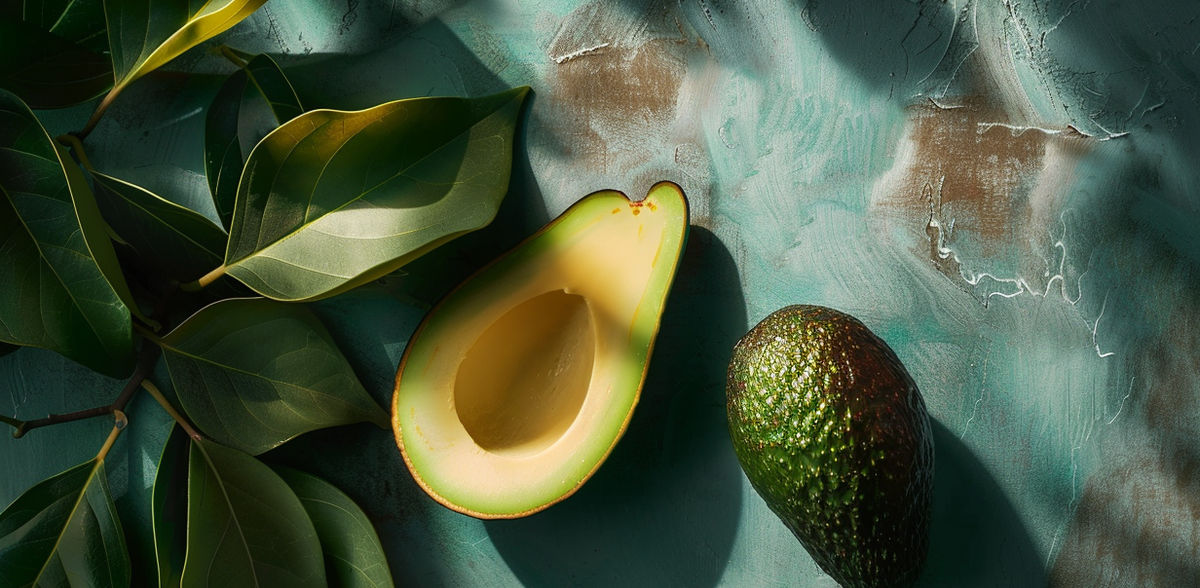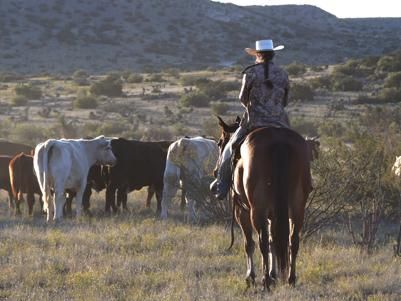Press statement by the World Avocado Organization on the dpa report "Controversial superfruit - avocado boom in Germany"
Advertisement
The World Avocado Organization (WAO) represents avocado producers from all over the world. We would like to comment on a dpa report from April 16 entitled "Controversial superfruit - avocado boom in Germany", which was picked up by many German media. The article reports on the avocado boom in Germany. However, it also addresses some "controversial" issues surrounding the potential impact of avocado production on the environment.
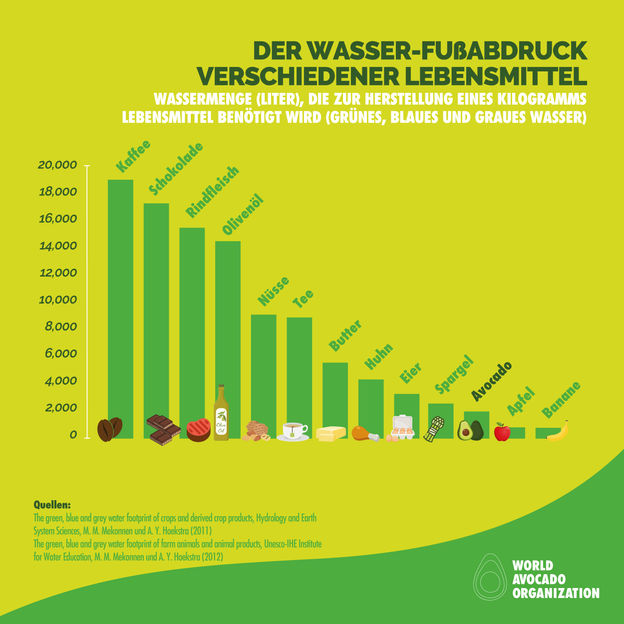
World Avocado Organization (WAO)
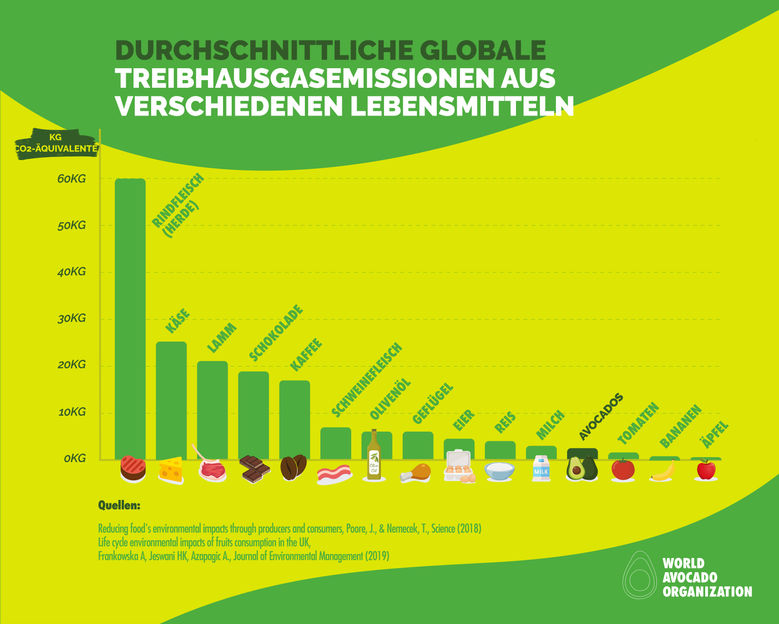
World Avocado Organization (WAO)
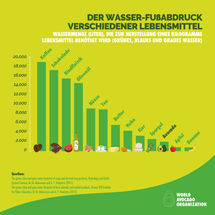
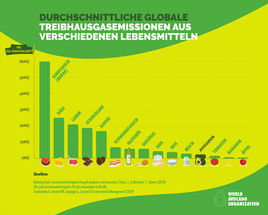
We are pleased to confirm the growth in avocado consumption based on the latest data from the Federal Statistical Office. Indeed, German consumers love avocados, as do many other consumers in Europe and around the world - both for their taste and for their well-known nutritional benefits. However, we would like to shed some light by refuting some of the inaccuracies in the article with facts based on independent research (see footnotes).
First of all, avocado trees are not water guzzlers, and avocado farming is not responsible for global droughts, as some claim. Avocado cultivation accounts for only a very small percentage of global food production and only a third of the production of the major tropical fruits (excluding bananas) [1]. Other foods are produced in much larger quantities and therefore consume more water overall compared to avocados. For example, avocado production is only around 7% of banana production[2]. Furthermore, independent research has shown that the global average water footprint of avocados (see infographic 1) is significantly lower than that of other foods such as coffee (10 times lower), chocolate (9 times lower) or beef (8 times lower)[3][4]. Most avocados are grown in areas with sufficient or even excess rainfall. However, in areas where additional irrigation is required, sustainable technologies have been successfully introduced that significantly reduce water consumption. In the last 10 years, there have been huge developments in digital agriculture, which uses agronomic algorithms, sensors, artificial intelligence and the cloud to monitor the soil, crops and weather and calculate exactly how much water is needed and when. Programs using digital farming technology on small farms in Chile have led to a 25% reduction in water use, while farms in Spain have seen a reduction in water use of up to 50%. These systems are being adopted by both large and small farms around the world[5][6]. Peru was also mentioned in the report as a problem region, but the reality is quite different. The Olmos Valley in Peru, for example, once a parched desert, has been transformed into an oasis of 24,000 hectares of fresh fruit and vegetables, including avocados, providing employment for 25,000 locals[7][8][9].
Secondly, avocados have a much smaller carbon footprint than many other foods - around 25 times smaller than that of beef (see infographic 2). Furthermore, it is estimated that over 95% of avocados are brought to Europe by sea from countries such as Latin America or Africa (rather than being flown in as stated), which the news story states is by far the more sustainable option compared to transportation by air or vehicle. According to the International Chamber of Shipping [10], the greenhouse gas emissions of sea freight are 25 times lower than those of car transportation and 145 times lower than those of air freight. In addition, unlike many crops that need to be replanted every year (such as soybeans or corn), avocado trees are perennial and more sustainable because they reduce soil and water erosion and sequester more carbon.
As the World Avocado Organization, we represent many small and medium-sized farmers who are very committed to the sustainable production of avocados. We also promote methods that encourage biodiversity and give back to the flora and fauna that live alongside the avocado trees. Many of our growers and exporters/importers adhere to the very strict, internationally recognized GLOBALG.A.P certification for good agricultural practices, including food safety, fair and safe working conditions and environmental sustainability. Other certifications and accreditations held by members include SMETA (Sedex Members Ethical Trade Audit) and the Rainforest Alliance Sustainable Agriculture Standard. In addition, we work with our members to limit the use of pesticides, which is already low compared to other crops. In fact, avocado ranks first on the Environmental Working Group's Clean Food List [11], which means it has the lowest amount of pesticide residues compared to other fruits such as berries and spinach.
In summary, it can be said that the cultivation of avocados is becoming increasingly sustainable and its ecological footprint is becoming smaller and smaller. This and the high nutritional value make avocados a more sustainable and healthier alternative to animal products. Zac Bard, Chairman of the World Avocado Organization, affirms: "We will continue to do everything we can to make avocados even more sustainable and ensure that German consumers can enjoy this wonderful "superfood" without a guilty conscience".
Sources
- FAO. 2024 Major Tropical Fruits Market Review. Preliminary Results 2023. Rome.
- Global fruit production in 2022, by selected variety (in million metric tons)*.[Internet] Food and Agricultural Organization, 2022. Available from: https://ots.de/7mAvHS
- Mekonnen MM, Hoekstra AY. The green, blue and gray water footprint of crops and derived crop products. Hydrol Earth Syst Sci [Internet]. 2011;15(5):1577-600. Available from: https://ots.de/Nv8Zvr
- Mekonnen MM, Hoekstra AY. Value of Water [Internet]. Waterfootprint.org. 2010 [cited 2022 Sep 22]. Available from: https://ots.de/S3TtMu
- Chilean avocado growers benefit from Swiss precision irrigation technology [Internet]. AQUA4D : News. 2021 [cited 2022 Sep 22]. Available from: https://ots.de/9QCoRL
- Maxwell M. Trops, AgriSmart Data in avo breakthrough [Internet]. Fruitnet. 2021 [cited 2022 Sep 22]. Available from: https://ots.de/k19vaZ
- Annex B. The Olmos River Basin [Internet]. Oecd-ilibrary.org. [cited 2022 Sep 22]. Available from: https://ots.de/I5tosu
- Norte LR. Lambayeque: Proyecto Olmos busca habilitar 43.000 hectáreas en su primera fase [Internet]. LaRepública.pe. 2022 [cited 2022 Sep 22]. Available from: https://ots.de/IFKy5R
- Taj M. Peru bores through Andes to water desert after century of dreams. Reuters [Internet]. 2013 Apr 4 [cited 2022 Sep 22]; Available from: https://www.reuters.com/article/us-peru-water-idUSBRE9330QT20130404
- Shipping, world trade and the reduction of CO2 emissions United Nations framework convention on climate change (UNFCCC) INTERNATIONAL CHAMBER OF SHIPPING (ICS) [Internet]. Ics-shipping.org. [cited 2022 Sep 22]. Available from: https://ots.de/9JJ1tm
- EWG: Clean Fifteen List from their 2023 Shopper's Guide to Pesticides in Produce(TM): https://www.ewg.org/foodnews/clean-fifteen.php
Note: This article has been translated using a computer system without human intervention. LUMITOS offers these automatic translations to present a wider range of current news. Since this article has been translated with automatic translation, it is possible that it contains errors in vocabulary, syntax or grammar. The original article in German can be found here.
Other news from the department business & finance
Most read news
More news from our other portals
See the theme worlds for related content
Artificial intelligence (AI) for food and beverages
Artificial intelligence (AI) is optimizing the food and beverage industry through automated quality control and more accurate demand forecasting. AI plays a particularly important role in product development by analyzing taste preferences and market trends. This allows new products to be developed that are better tailored to consumer needs, increasing efficiency and customer satisfaction.
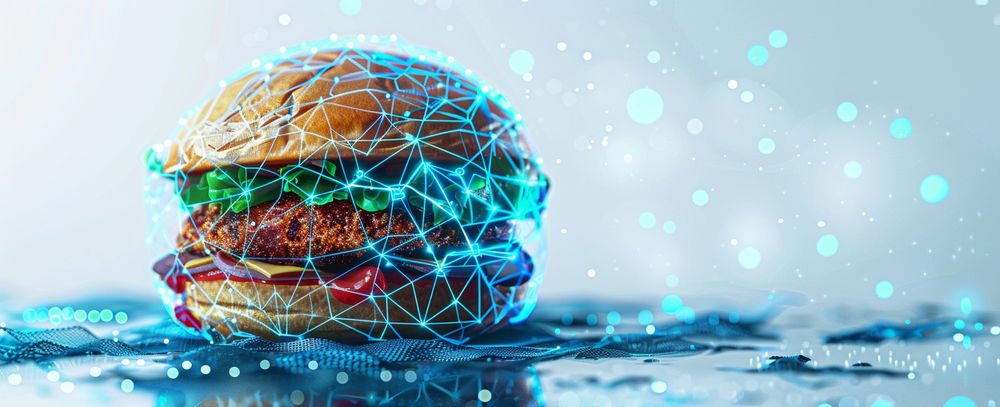
Artificial intelligence (AI) for food and beverages
Artificial intelligence (AI) is optimizing the food and beverage industry through automated quality control and more accurate demand forecasting. AI plays a particularly important role in product development by analyzing taste preferences and market trends. This allows new products to be developed that are better tailored to consumer needs, increasing efficiency and customer satisfaction.
© 1997-2026 LUMITOS AG, All rights reserved
